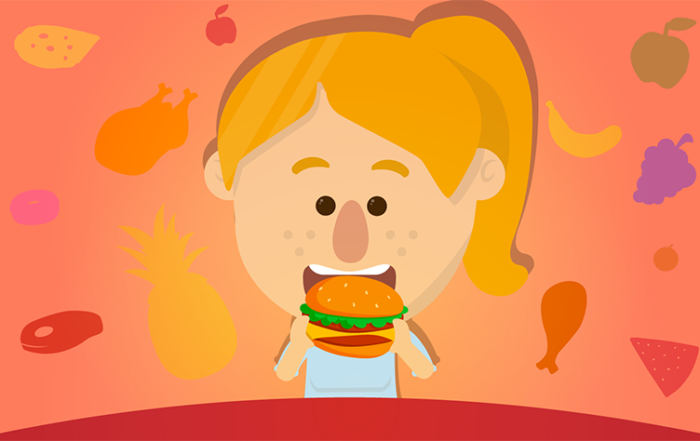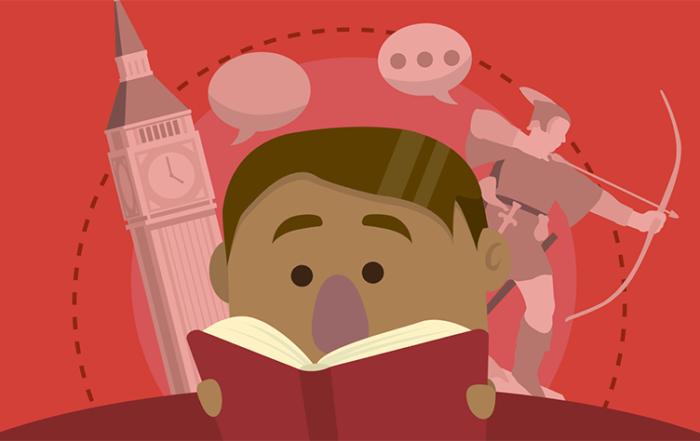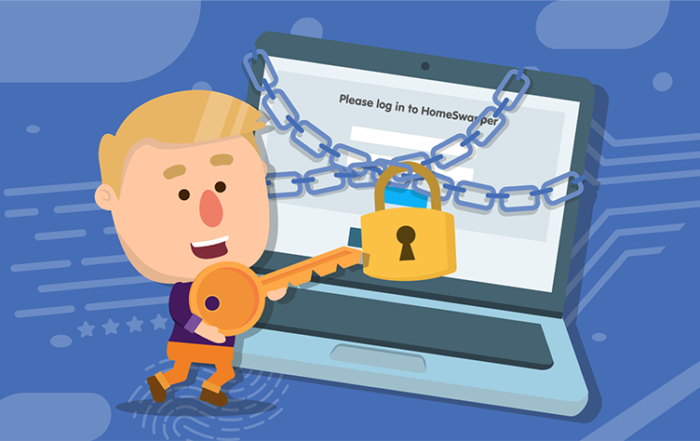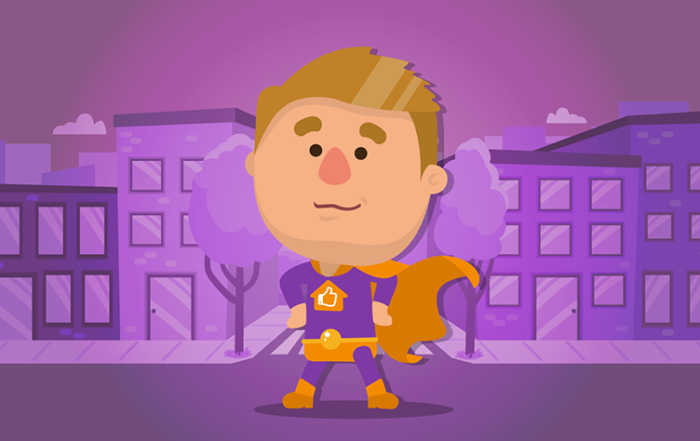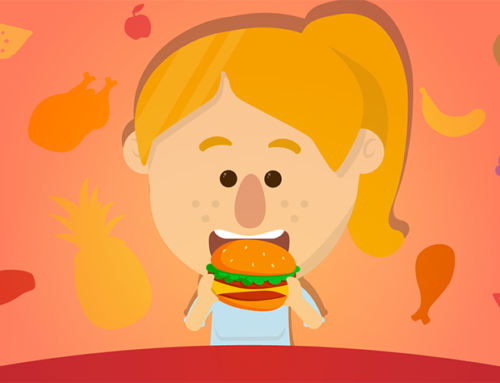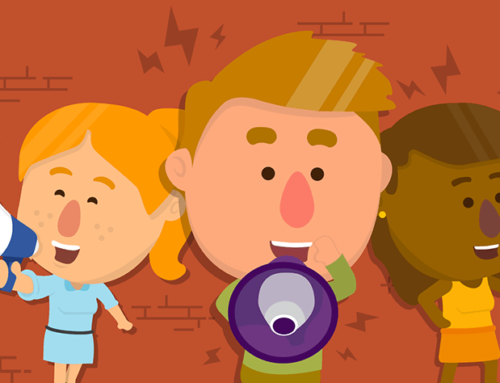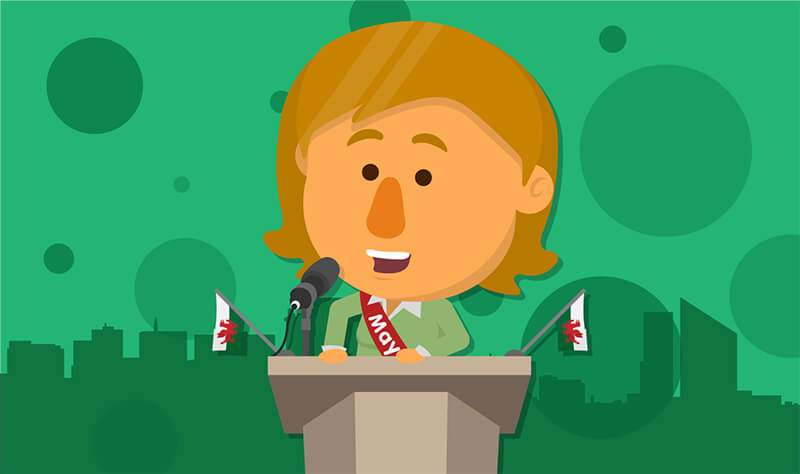
Local councils are extremely important to the running of Wales. The country has 3.1 million people living in it, and with a lot of those people living in the countryside, it has half the population density of the rest of the UK. The place where the majority of decisions are made changed from The Houses of Parliament in London to the Welsh Assembly (which is known as Senedd) in the 90s. This has given more power to local councils to deliver community-specific, tailored services.
How many types of local council are there?
The Welsh Local Government Association promotes local democracy in Wales. It represents local councils, the Fire and Rescue authority and the National Park authorities.
In Wales there are 22 local councils, represented by around 1250 councillors. All councils in Wales are ‘unitary authorities’, which are single tier councils who provide all local services. There are also 735 Community Councils with around 8000 Town Councillors – these deliver very local services such as, village halls, playing fields and allotments.
What do local councils do?
In Wales over 700 services are delivered by councils! Here are the main ones:
- Waste management – collection and recycling
- Education – Schools and teachers, adult education
- Social Services – Social care for the elderly, disabled and for vulnerable children
- Urban planning and development – Building permissions and safety regulations
- Housing – Providing accommodation and maintaining existing housing stock
- Highway and Transport – road maintenance and repairs, licensing
- Environmental Health – Controlling pollution from noise and fumes, enforcing health & safety standards
- Leisure & Cultural services – Sports facilities and libraries
- Economic Development – Changing business rates to attract new businesses and providing better services to encourage tourism
In Wales, councils legally have to think about the effect of their actions on all people in the future! In 2015 the Wellbeing of Future Generations Act meant that whenever councils are making changes or starting new plans of action, they have to review what the impact of those actions will be in 30, 50 and 70 years’ time. It makes for a very thoughtful government!
Where do they get their money from?
The Council Tax that you pay actually only makes up around 25% of council income. Council Tax money also goes towards funding frontline services like fire brigades and local police. Most local council funding, in fact comes from the Welsh government itself.
In Wales, councils are often by far the biggest employer in their area. Local councils are not motivated by profit and often have to work in partnerships with private service providers to meet all their obligations.
If you would like to contact your local council about an issue that is affecting you, just go to your council’s website, where they will have all their services listed. The contact details for that particular department will be right there, so you can get in touch directly with the people in charge.
Find your local authority here
The HomeSwapper Customer Support team are always on hand to give advice and tips on how to get the most from HomeSwapper. They deal with Swappers every day and have a unique insight and view on the thousands of successful swaps that take place on HomeSwapper.
